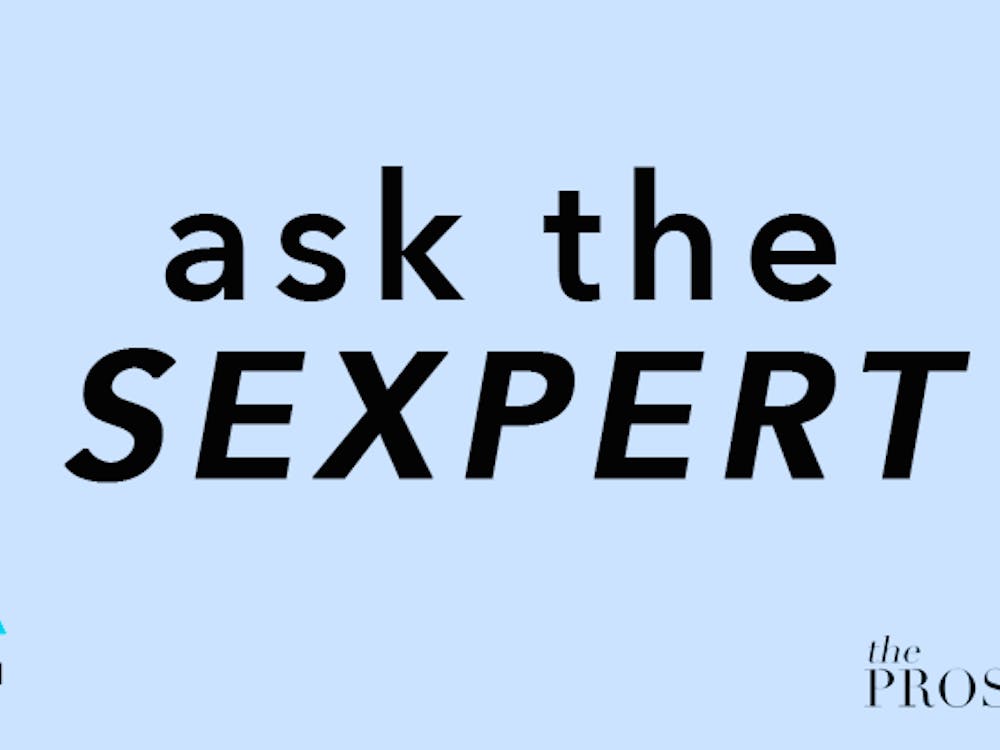Dear Sexpert,
With the holidays coming up, I’m excited to be eating all of my favorite foods. I’ve been eating a lot of soy for its high protein content and supposed health benefits. However, recently I’ve been seeing in the news that soy contains estrogen. As a guy, does this mean I should avoid soy products? And for women, does eating soy make any difference?
Sincerely,
Sad about Soy
Dear Sad,
Have no fear: you can enjoy the soy! It’s great that you’ve been paying attention to the potential effects of the foods you eat. However, when it comes to soy, what you see in the news might be a bit misleading or confusing. Soy has been researched more closely in the past few decades because of its growing prevalence in the American diet, and has been determined to be generally a part of a healthy diet. As a plant-based protein full of fiber, potassium, magnesium and other vitamins, it’s a good alternative to other protein sources, especially processed meats that are often high in unhealthy fats and cholesterol. A cup of cooked soybeans contains about 22 grams of protein, and a 3-ounce serving of extra-firm tofu contains about 9 grams of protein. Additionally, soy is a complete protein: it contains all the essential amino acids, including those your body can’t make itself.
The estrogen in soy is actually a unique type of plant-made estrogen (phytoestrogen), called an isoflavone. Soybeans are unique in that they contain a high concentration of isoflavones, which are also found in legumes and some citrus fruits. This phytoestrogen is different from the estrogen in our bodies. Both men and women have estrogen in their bodies naturally, but women have much more. Soy consumption, however, does not increase estrogen levels in men or women. In fact, phytoestrogens actually help moderate the levels of estrogen in the body, increasing levels when low and acting as anti-estrogen agents when levels are high. One concern raised in the past is that the phytoestrogen in soy may cause feminizing effects on men. However, recent clinical trials have found no evidence that soy’s phytoestrogens cause a decrease in testosterone levels nor any other feminizing effects. Some research has also looked at the effect of soy on male fertility (e.g. sperm quality) and found no effects.

Another concern is that isoflavones might affect the risk for breast cancer, since isoflavones may bind to estrogen receptors and thus negatively affect estrogen-related tissue development, including breast tumors. Studies have been inconclusive, as some studies showed that those who ate soy actually reduced their risk of getting breast cancer. Still, the American Cancer Society recommends that women, especially those with a higher risk of breast cancer, skip soy supplements — not soy itself — which contain much higher levels of isoflavones than do natural soy-based foods. However, the ACS also says there is no risk to eating moderate levels of soy.
On that note, it’s also important to think about what types of soy protein you’re consuming. For men and women alike, the whole forms of soy (tofu, soybeans, soy nuts, and soy milk, for example) are preferable; they’re less processed than other types of soy found in protein powders, soy-based protein bars and supplements, which often contain high levels of other ingredients like sodium and sugar.
The bottom line is that it’s safe to eat soy in moderation — just like anything else. Just as in all areas of health, balance is key!
-The Sexpert

Helpful information on soy from the National Institutes of Health: https://nccih.nih.gov/health/soy/ataglance.htm
“Straight Talk on Soy” – a look at possible health effects: http://www.hsph.harvard.edu/nutritionsource/2014/02/12/straight-talk-about-soy/
Further information on soy, potential health benefits, and safety: http://www.mayoclinic.org/drugs-supplements/soy/background/hrb-20060012






